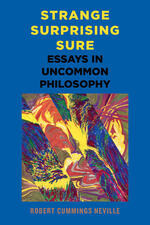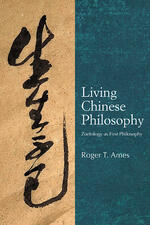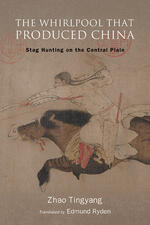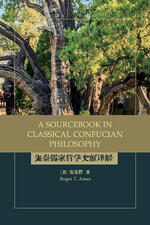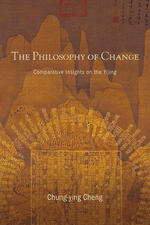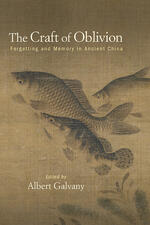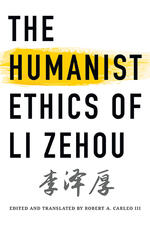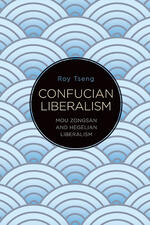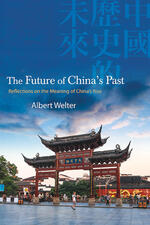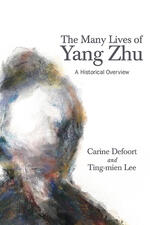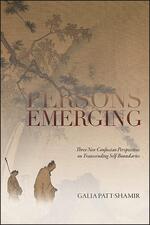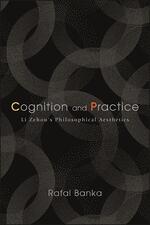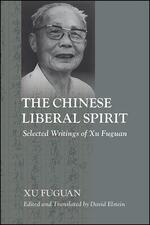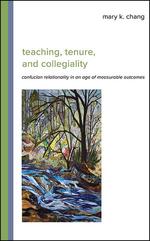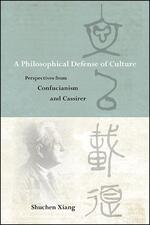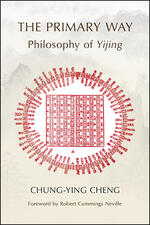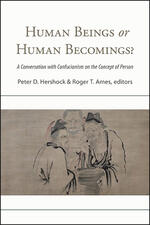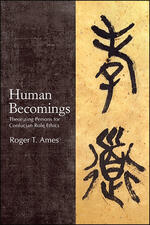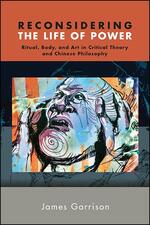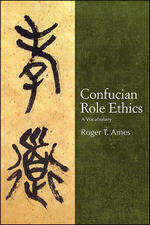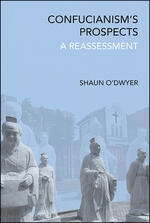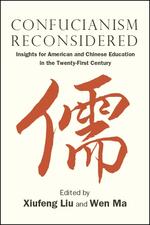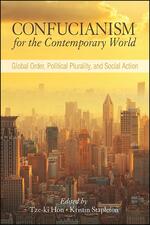Confucianism
Strange, Surprising, Sure
Accessible and wide-ranging essays on the philosophy of religion.
Living Chinese Philosophy
Contrasts classical Greek ontology ("the science of being in itself") with Confucian "zoetology" ("the art of living").
The Whirlpool That Produced China
Provides a philosophical, cultural, and historical answer to the question: Where did China come from?
Confucian Iconoclasm
Challenges deep-seated assumptions about the traditionalist nature of Confucianism by providing a new interpretation of the emergence of modern Confucianism in Republican China.
A Sourcebook in Classical Confucian Philosophy
Applies a method of comparative cultural hermeneutics to let the tradition speak on its own terms.
The Philosophy of Change
An analysis of the philosophy of the Yijing in comparison to modern Western philosophies.
The Craft of Oblivion
Examines the intersections between forgetting and remembering in classical Chinese civilization.
The Humanist Ethics of Li Zehou
Presents Li Zehou's culminating views on ethics in a series of works that highlight the importance of Confucian philosophy today.
Confucian Liberalism
Offers a renovated form of Confucian liberalism that forges a reconciliation between the two extremes of anti-Confucian liberalism and anti-liberal Confucianism.
The Future of China's Past
Addresses the question of China's rise and what it portends for the future.
The Many Lives of Yang Zhu
Presents the most important portrayals of the Daoist master Yang Zhu throughout Chinese history, from the Warring States period until today.
A Conceptual Lexicon for Classical Confucian Philosophy
Uses a comparative hermeneutical method to explain the most important terms in the classical Confucian philosophical texts, in an effort to allow the tradition to speak on its own terms.
Persons Emerging
Offers three neo-Confucian understandings of broadening the Way as broadening oneself, through an ongoing process of removing self-boundaries.
Cognition and Practice
Explores the aesthetic theory of one of China's most important and influential contemporary philosophers.
The Chinese Liberal Spirit
The first English-language translation of an important figure in modern Confucian thought.
Teaching, Tenure, and Collegiality
Questions universities’ increasing reliance on market-oriented metrics to determine their strategic directions and gauge faculty productivity.
A Philosophical Defense of Culture
Draws on two different but strikingly similar streams in our world tradition to argue for the contemporary philosophical relevance of “culture.”
The Primary Way
A unique work on the underlying ontology, cosmology, and moral philosophy of the Yijing.
Human Beings or Human Becomings?
Argues that Confucianism and other East Asian philosophical traditions can be resources for understanding and addressing current global challenges such as climate change and hunger.
Human Becomings
Offers an in-depth exposition of the Confucian conception of persons as the starting point of Confucian ethics.
Reconsidering the Life of Power
Offers a compelling intercultural perspective on body, art, self, and society.
Confucian Role Ethics
Argues that the only way to understand the Confucian vision of the consummate moral life is to take the tradition on its own terms.
Confucianism's Prospects
Challenges descriptions of East Asian societies as Confucian cultures and communitarian Confucian models as a political alternative to liberal democracy.
Confucianism Reconsidered
Explores the rich potential of Confucianism in American and Chinese classrooms of the twenty-first century.
Confucianism for the Contemporary World
Discusses contemporary Confucianism's relevance and its capacity to address pressing social and political issues of twenty-first-century life.
